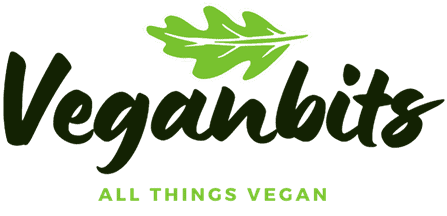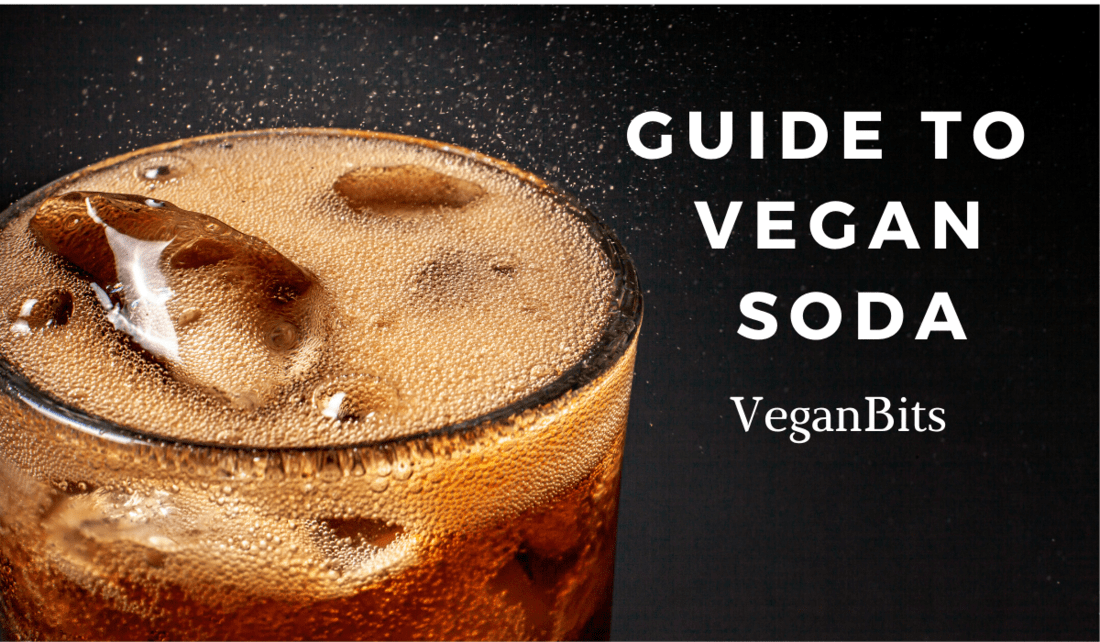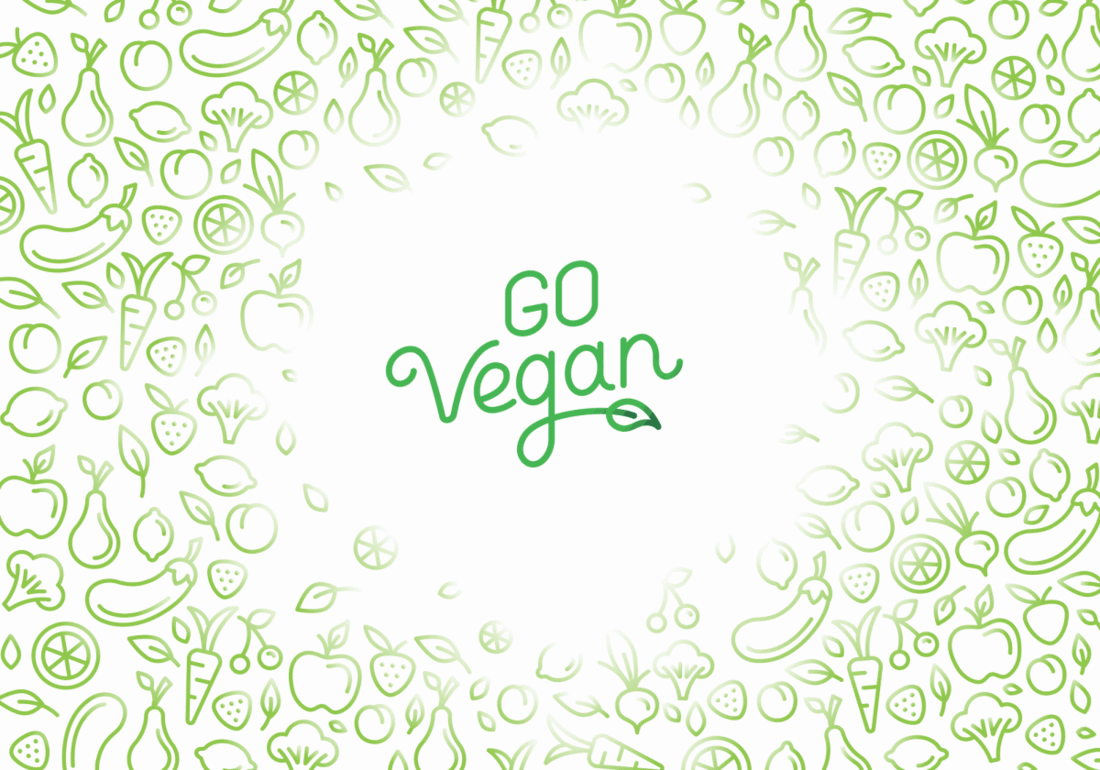There are many snacks and beverages produced by large companies throughout the world that may seem inherently vegan but aren’t because of the wrong sugar choice or hidden animal byproduct ingredient. Soft drinks are one past-time that has many vegans wondering and wishing for the answer, “yes, it is vegan.” There is more to the answer than a simple “yes” or “no,” but for the most part, yes, soda is vegan. It may not be the healthiest choice, but it is considered vegan (most of the time).
Living a vegan lifestyle can be daunting at times, with all the grey areas surrounding food and beverage labels. It is likely you won’t get a legitimate answer just by reading a label, and depending on the company, calling and asking for yourself may not even do the trick. Not all companies are like this, though. Before you assume a company is going to be dishonest with you, and give up trying to find the answer you are looking for, give them a call and take note of how you are treated. An honest company is likely to have a genuine conversation with you about the subject at hand, no matter their size.
With the knowledge you gain from this article, the hopes are that you won’t even need to take the time to call a company to double-check the logistics. The bottom line is this; if you know what ingredients to look for, you will be able to answer for yourself if a particular soft drink is vegan or not. However, it does get tricky when the labels state “natural flavors,” as this could insinuate an animal byproduct was used in the flavoring process. Still, I will get more into that later.
For starters, I’ll talk about all popular brands of sodas that are and aren’t vegan.
Coke Vs. Pepsi
This isn’t an article about Coke vs. Pepsi and which is better, but in the vegan debate, Coke is traditionally more upfront with its responses to the public. Coca-Cola even has a section on its Product Page dedicated to what drinks are vegan and what constitutes as a vegan soft drink. Not to mention, they also briefly define veganism to their customers as well. It is notable that all of Cola-Cola’s sodas, including the acquired Fanta line of drinks, are all made with vegan sugar and vegan ingredients. However, some of their juices aren’t vegan.
Some of the classic Coca-Cola sodas that are classified as vegan include:
On the other hand, Pepsi hasn’t always been as upfront about why some of their products aren’t considered vegan. They have simply stated which of their products aren’t vegan but will not go any further into detail.
There have only been two Pepsi products confirmed by the company to be vegan. These products are:
Root Beer:
Yet another win for vegans, A&W Root Beer, is also considered vegan. The company uses raw sugars and zero ingredients derived from animal products or animal testing.
All of the above-stated products are considered vegan, but don’t just take my word for it. It is essential as a vegan to know what to look out for when you are reading the labels before purchase. Some ingredients may seem vegan-friendly when, in fact, they aren’t. These ingredients can be seen as substandard to the lifestyle for one reason or another. Maybe the ingredient contains trace amounts of animal byproduct, or maybe the product is tested on animals. Either way, this is where your ideals come into play. If you see these specific ingredients on your labels, it is up to you whether or not you still want to buy the product.
Ingredients to Keep in Mind
There are a lot of things in the world that are left with grey areas, and your soft drink labels should not be one of them. If you are vegan, chances are you care a lot about what goes into your body, especially if the product has even a hint of animal cruelty involved in its manufacturing. Chances are, you also learned relatively quickly that you must read what’s on the label no matter what the product is because there are many products in today’s market that you would assume are vegan when they aren’t; i.e., soda.
There are six main ingredients that could be in your soda that aren’t considered vegan:
- Ester Gum– Is a stabilizer that is made from glycerol. Glycerol is what you need to keep in mind here because most companies will use a type of glycerol that is derived from animals. It is a sweetener that can be made in a lab, but most companies don’t use lab-made glycerol. Ester gum and anything related to glycerol is not considered vegan
- Cochineal– Is a red food dye that is obtained from bugs. In the vegan world, some believe bugs and insects to be vegan, while others do not. That said, if you see Cochineal on an ingredients label, it is still important to note it comes from bugs.
- Vitamin D3– This one is most common in sports and energy drinks. Vitamin D3 is derived from the oil in sheep’s wool. Granted, sheep aren’t harmed when they are shaved for their wool, but many vegans still would not consider this vegan, as most vegans don’t use, consume or wear anything that is derived from an animal.
- Honey- There are a few specialty sodas that contain honey in them. Honey (hyperlink honey article) is also a debated topic in the vegan community. Some will eat locally sourced honey from bee farmers they know and trust, but others will not.
- Yellow 5– This is a flavoring included in Mountain Dew and is likely not considered vegan because it is known to be tested on animals.
- Artificial Flavoring- Artificial orange, cherry, vanilla, and blue raspberry flavoring are all considered not vegan because they are derived from animals.
Aside from these six main ingredients, it is also important to note that sometimes companies don’t use organic or raw sugar. Only organic or raw sugar is considered to be vegan, as pure refined sugar is filtered using bone char from cows. You would not be able to tell from the label if the company used organic or raw sugar while manufacturing the soda. This is something you will have to contact the company directly to get the answer you need. That said, all the products listed above are used with organic or raw sugar.
Just for added peace of mind, here is a list of ingredients you will see on the labels of soft drinks that are vegan:
- Carbonated water
- High fructose corn syrup
- Caramel color
- Phosphoric acid
- Sodium benzoate
- Caffeine
Sometimes natural and artificial flavors are also considered vegan, but this can only be trusted if it has been confirmed by the company beforehand. Coca-Cola products contain natural and artificial flavorings, but the above-stated products are still approved to be vegan.
Where Pepsi products are concerned, their diet soda products aren’t vegan because they contain gelatin, which is derived from animals and isn’t even considered vegetarian, let alone vegan. Another thing to look out for is cream soda drinks. Most of the time, cream soda will not be vegan because it will have traces of milk or other animal byproducts in the ingredients.
Natural Flavoring:
Naturally, flavored drinks may come as a surprise, but these cannot be classified as vegan unless otherwise stated on the labeling. This one seems peculiar because when we think of naturally flavored things, most of the time, we don’t think of animals. That is not the case, though, because natural flavoring can range from anything from plants, fruits, and spices to meat, seafood, poultry, eggs, and dairy products. Not many soft drinks are made with natural flavors, but if they are, it is important to keep this in mind.
Although traditional soft drinks aren’t the healthiest option in the world, for the most part, the famous brands we have grown to know and love are considered to be a vegan drink. Hopefully, Pepsi products will come around and publicly announce their products to be vegan sooner rather than later, but for now, we have a fair amount of products we can choose from that are vegan. Not only this, but we now know what ingredients to look for if we are ever in doubt and need to check a label.




Thank you Lindsey for this article. I am making the change from omni to veggie and now to vegan for dietary reasons so it defeats the purpose to drink soda. Sometimes it just hits the spot though. I’m glad to see an easy choice with Coke/Diet Coke on this list.
Cheers
Is A&W Cream Soda vegan as well then?
I checked, and I don’t see anything talking but vegan options with coke. Can I get the link?
The vegan Pepsi aside from diet and maybe max, is supposed to be in the UK.
The article Is Soda Vegan? from VeganBits talks about how some sodas may contain animal ingredients. If you’re looking for something vegan, Popeyes’ Frozen Mango Lemonade is a great choice. Whether you’re going for a soda or a refreshing Frozen Mango Lemonade, both are good options if you want a drink that’s vegan-friendly!
https://popeyes-menu-prices.com/
Is Soda Vegan?” from VeganBits discusses how certain sodas might include animal-derived ingredients. If you’re seeking a vegan-friendly beverage, Popeyes’ Frozen Mango Lemonade is an excellent option. Whether you choose a soda or opt for the refreshing Frozen Mango Lemonade, both make great choices for those sticking to a vegan lifestyle! https://popeysmenu.com/
This is a great breakdown of vegan-friendly sodas! It’s true that many soft drinks are technically vegan but still contain questionable ingredients like refined sugar and “natural flavors” that may not always be fully disclosed. That’s why I prefer something more natural, like Orange Julius from Dairy Queen. Unlike sodas, Orange Julius blends real fruit flavors with a creamy, refreshing texture, making it a great vegan-friendly alternative.
This article brings up an important point—just because a drink seems vegan doesn’t always mean it is. Many sodas contain hidden ingredients like processed sugar or artificial flavors that might not align with a strict vegan lifestyle. That’s why I always go for healthier, fruit-based options like Orange Julius and smoothies from Dairy Queen. These drinks are made with real fruit flavors and offer a refreshing alternative to traditional sodas. If you’re looking for something delicious and more natural, Dairy Queen’s Orange Julius and smoothies are a great choice!
That’s a great article with information about vegan food items! It should be appreciated that you are doing it very well! Being vegan is good for health, either physical or mental. If you’re a Mexican food lover and a fan of EL Pollo Loco, you can check its vegan menu here: https://elpollolocomenuprices.com/el-pollo-loco-vegan-options/.
Apply for Punjab Ration Card . It is an initiative of the Government of Punjab, Pakistan, to provide financial assistance and subsidies in monthly household groceries by providing them with financial aid monthly.
The vegan lifestyle should be adopted by anyone, and it is the need of the hour. If you’re a fast food fan and want to try vegan options, you can explore this Cookout Menu for vegan options in fast food!
Great breakdown on whether soda is vegan — definitely helpful for making better food and drink choices. It got me thinking about snack options too. I recently looked up Potato Corner prices to get an idea of portion sizes and nutritional info before indulging. It’s always good to balance treats with awareness! Here’s what I found: https://potatocornerprice.com/
Really helpful read on the vegan status of soda — it’s great to see more awareness around everyday food and drink choices. It reminded me to double-check options at my go-to spots too. I recently explored the Starbucks menu and was happy to find several plant-based drink and snack options that fit a vegan lifestyle. If you’re curious, here’s the full list I came across: https://starbuckmenu.uk/
Really interesting article on whether soda is vegan — it’s always good to stay informed about what we’re consuming. On a totally different note, when I’m not researching food labels, I’ve been enjoying some downtime with the new version Bus Simulator Ultimate v2.2.3 https://busimulatorultimate.com/download-bus-simulator-mod-apk/ The updates in this release really improved the driving experience and added some great new features. Worth checking out if you like immersive, relaxing games!
This is such a helpful breakdown—never realized how tricky soda ingredients can be for vegans! It’s great to have clarity on what to sip safely. For a satisfying meal pairing, nothing beats a classic Outback Steakhouse catering menu https://obsteakhousemenu.com/outback-steakhouse-catering/ with a chilled, vegan-friendly soda!
Really appreciated this deep dive into the vegan status of sodas — it’s always great to see more awareness around the everyday choices we make with food and drink. It actually inspired me to take a closer look at some of my own go-to spots. I recently explored the Quik trip menu and was pleasantly surprised to find a solid range of plant-based drinks and snacks that work well for a vegan lifestyle. If you’re curious, I put together the full list I found — happy to share!
The article Is Soda Vegan? from VeganBits sheds light on how some sodas might contain hidden animal ingredients — definitely an eye-opener. If you’re on the lookout for vegan-friendly drinks buc-ee’s is a popular travel center known for its massive convenience stores and a wide variety of freshly made food options. Their menu includes Texas-style BBQ sandwiches like brisket, pulled pork, turkey, and sausage, all smoked in-house. breakfast menu also offers fresh bakery items such as kolaches, fudge, cookies, and cinnamon rolls, along with breakfast tacos, burritos, and croissant sandwiches in the morning
This was such an informative read—thank you for breaking down all the grey areas around soda and veganism! As a vegan in Canada, I always appreciate knowing which mainstream drinks I can safely enjoy. With McDonald’s Dollar Drink Days back again, it’s good to know that classics like Coke, Sprite, and Fanta are generally considered vegan. It makes it easier to grab a quick, affordable refreshment without compromising on values. Still, I’ll definitely keep an eye out for those tricky ingredients you mentioned—especially when it comes to “natural flavors.”
Great breakdown, Lindsey! I appreciate how you dive into details like glycerol, cochineal, and bone?char?filtered sugar—it’s the kind of nuance many folks miss when they grab a soda.
My family loves screen?free activities (like coloring together), and I’ve been adding fun printables featuring fruits and soda labels to spark conversations about what we consume. We just launched a small free library of nature?and?food themed coloring pages at The Colouring Pages that might be a playful, low?screen complement to posts like this for vegan families ?
We’ve shared a bunch of nature and food-themed printables at https://thecolouringpages.com — great for kids exploring what they eat.